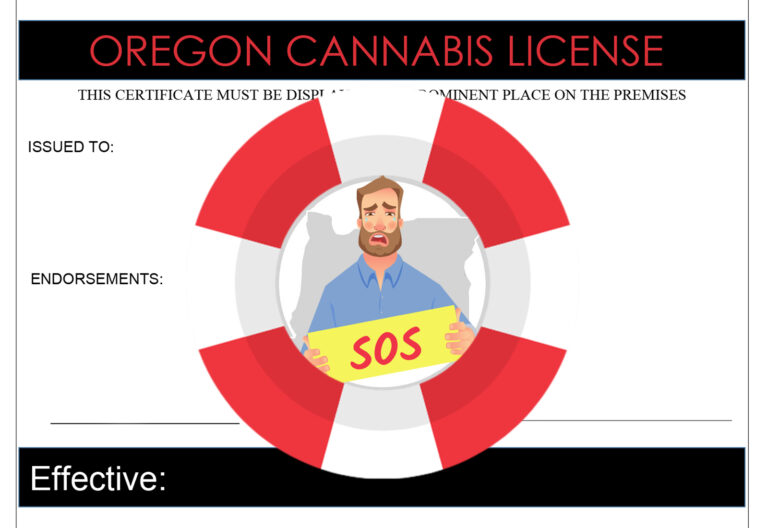
California Gives Up on the Illegal Cannabis Market: More of the Same
Last week, California’s Department of Cannabis Control (DCC) released illegal market enforcement data for quarter 1 of 2024. It’s become a new tradition of mine to compare this quarterly data and see whether the state is actually doing anything to fight the illegal market (for example, see my posts for Q4 2023, Q3 2023, and


















